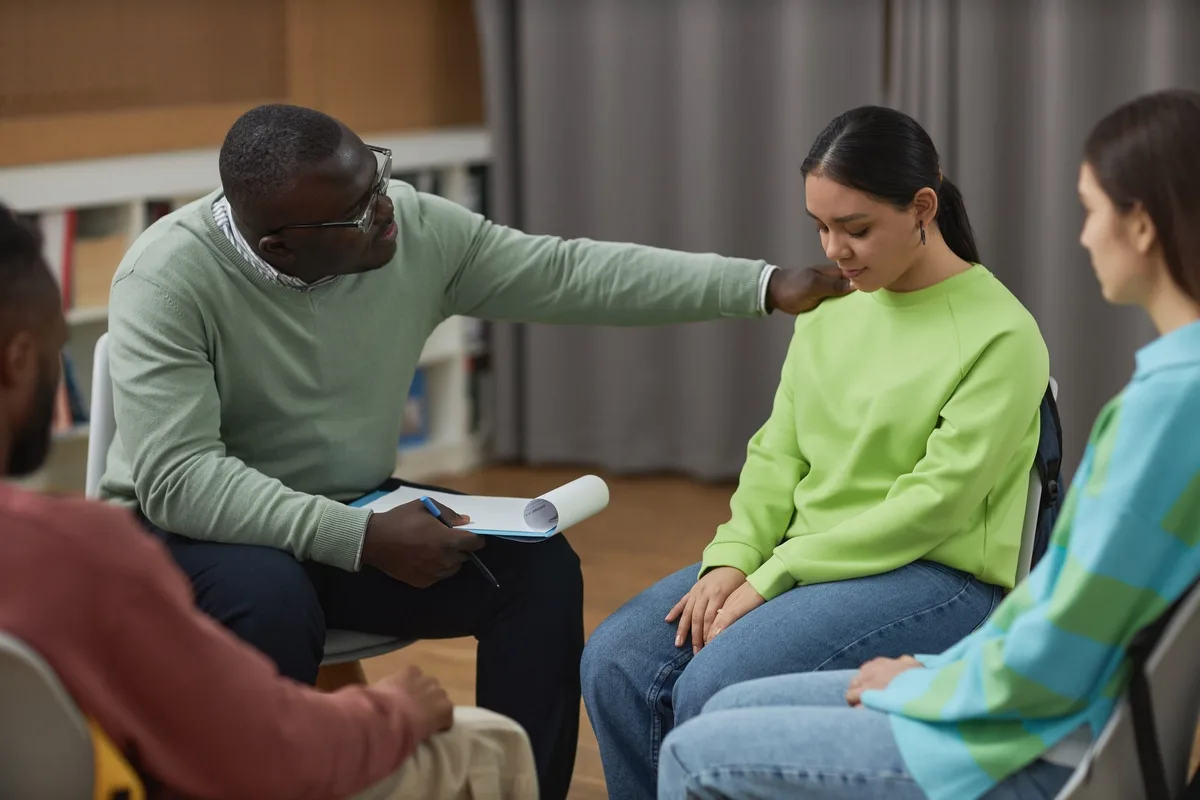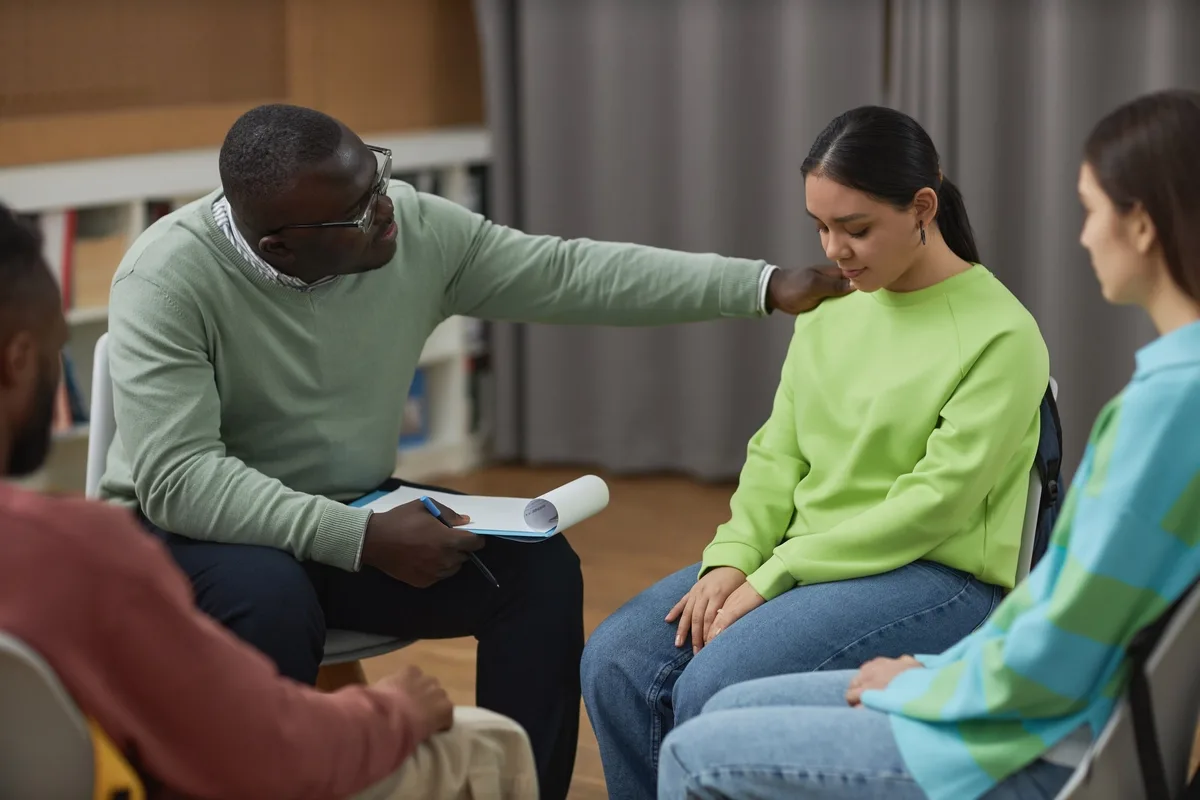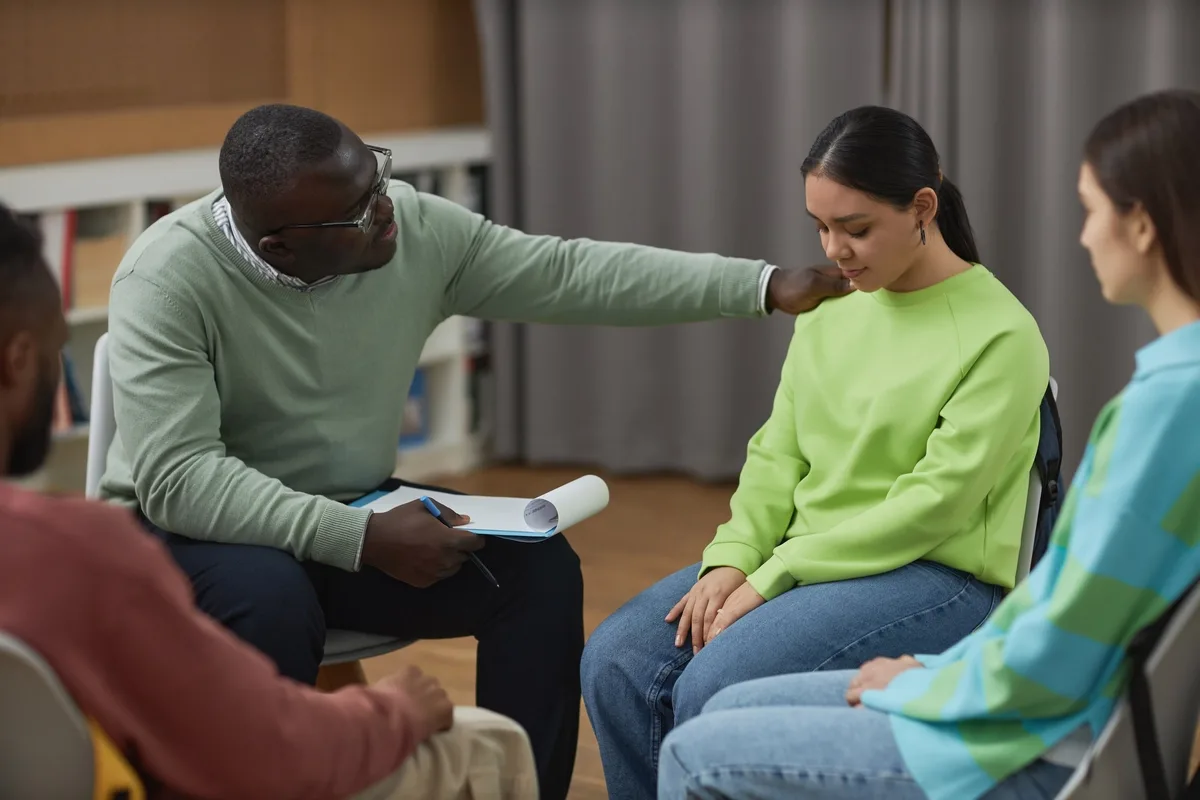24/7 Helpline:
(866) 899-221924/7 Helpline:
(866) 899-2219
Learn more about Opioid Rehab centers in Coweta County
Other Categories in Coweta County

Other Insurance Options

State Farm

Magellan

Optum

AllWell

Oxford

Evernorth

Magellan Health

Premera

BlueCross

CareFirst

Carleon

BlueShield

EmblemHealth

Coventry Health Care

PHCS Network

Amerigroup

Access to Recovery (ATR) Voucher

Ceridian

Anthem

Cigna

Center of Renewed Promises
Center of Renewed Promises is a private rehab located in Newnan, Georgia. Center of Renewed Promises...

S and T Assessment and Counseling Service
S and T Assessment and Counseling Service is a private rehab located in Newnan, Georgia. S and T Ass...

Grace Harbour
Grace Harbour is an outpatient mental health clinic that serves individuals from all ages in a holis...









































Pathways Center
Pathways Center is a public rehab located in Newnan, Georgia. Pathways Center specializes in the tre...

Treatment Center of America – Newnan
Treatment Center of America – Newnan is a private rehab located in Newnan, Georgia. Treatment Center...

AA – Alcoholics Anonymous
AA – Alcoholics Anonymous is a non-profit rehab located in Newnan, Georgia. AA – Alcoholics Anonymou...























































































